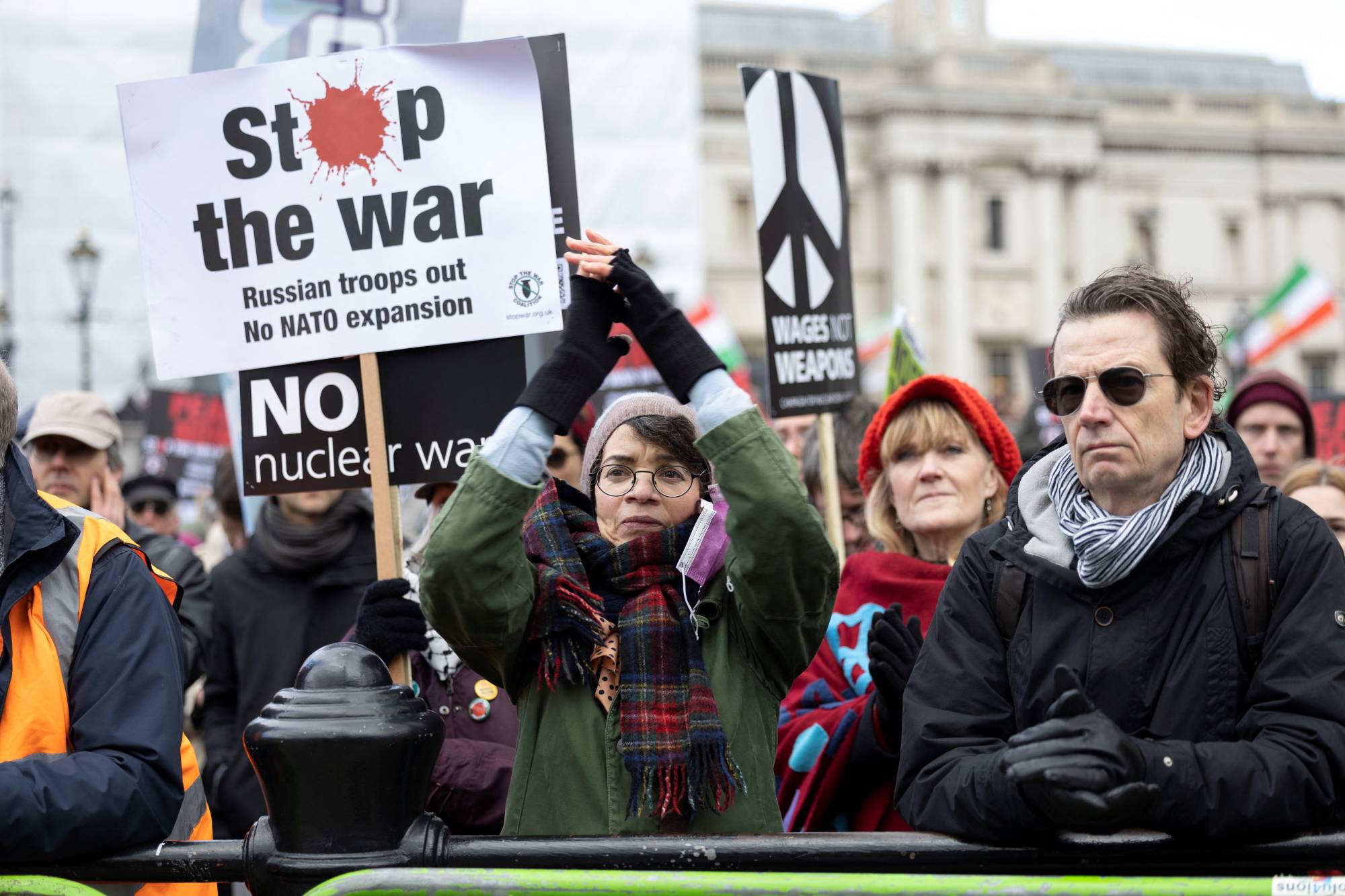A year ago, the day Russia invaded Ukraine and set in motion a devastating European ground war, Finnish President Sauli Niinisto declared: "Now the masks are off. Only the cold face of war is visible.”
Niinisto, in office for more than a decade, had met with Russian President Vladimir Putin many times, in line with a Finnish policy of pragmatic outreach to Russia, a country with which it shares a nearly 1,340-kilometer (835-mile) border. Suddenly, however, that policy lay in tatters, and, along with it, Europe’s illusions about business as usual with Putin.
Those illusions were deep-rooted. The 27-nation European Union was built over decades with the core idea of extending peace across the continent. The notion that economic exchanges, trade and interdependence were the best guarantees against war lay deep in the postwar European psyche, even in dealings with an increasingly hostile Moscow.


















With your current subscription plan you can comment on stories. However, before writing your first comment, please create a display name in the Profile section of your subscriber account page.